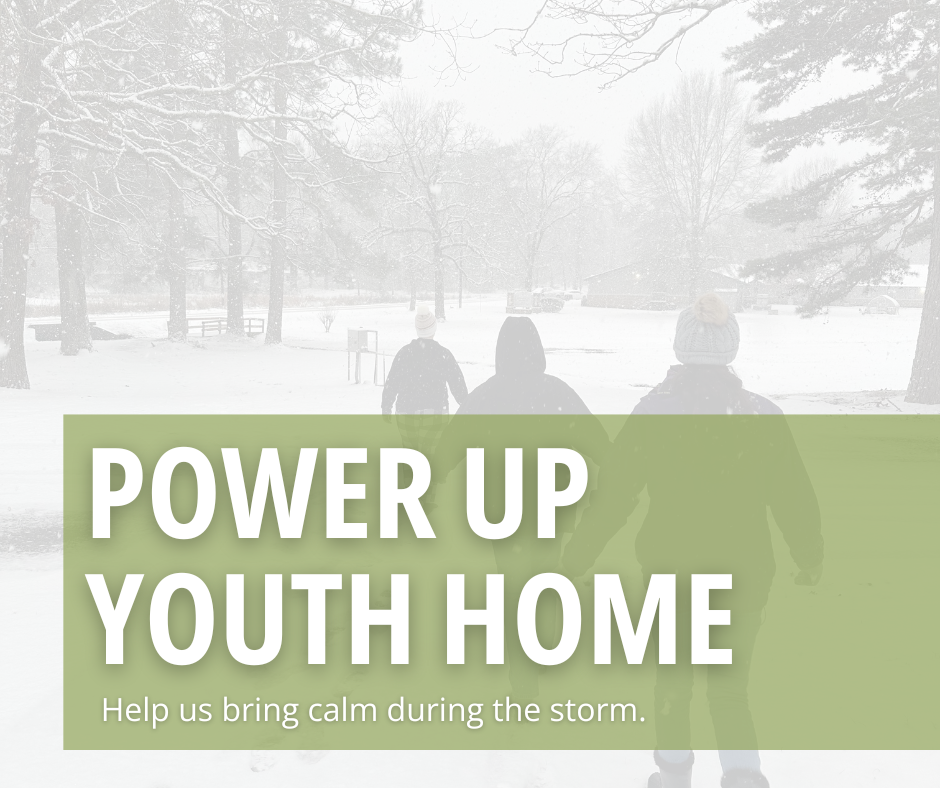Nurturing Connections
When caring for a child with Reactive Attachment Disorder (RAD), engaging in activities that promote healthy family relationships, playing a vital role in strengthening the parent-child bond in particular through the opportunity for shared experiences, emotional connection, and the development of trust. This page is for any parent looking for fresh ideas for how to connect with their child, and tips on how to help it be successful more often.
Engaging activities don't have to be hard, but can create meaningful opportunities for families to connect, strengthen bonds, and support the healing journey of children with Reactive Attachment Disorder. With intentionality, you can build lasting memories together. Remember to tailor activities to the child's interests and abilities, providing a safe and supportive environment for exploration, emotional expression, and connection.
Planning for Success Connection
When caring for a child with Reactive Attachment Disorder (RAD), it's important to approach the planning of fun activities with sensitivity and understanding. While the child may struggle with attachment and display frequent temper tantrums, engaging in enjoyable activities can still have several benefits. Here are some considerations to keep in mind:
List of Services
-
Modified ActivitiesList Item 1
Adapt the activities to meet the child's needs and abilities. Consider their specific triggers, sensitivities, and challenges when selecting activities. For example, if the child has difficulty with transitions, choose activities with predictable routines or provide ample preparation time.
-
Structured EnvironmentList Item 2
Create a structured and safe environment for activities. Clear rules, consistent boundaries, and predictability can help the child feel secure and reduce anxiety. Establishing a calm and organized space can contribute to a more positive experience for both the child and caregiver.
-
Sensory-Friendly OptionsList Item 3
Children with RAD may have sensory sensitivities. Opt for activities that are sensory-friendly, taking into account their preferences and sensitivities. For instance, if the child is sensitive to loud noises, choose quieter activities or provide noise-cancelling headphones to create a more comfortable environment.
-
Incremental StepsList Item 4
Introduce activities gradually, starting with shorter durations or simpler tasks. Allow the child to become familiar with the activity at their own pace. Over time, you can gradually increase the complexity or duration of the activities as the child becomes more comfortable and engaged.
-
Mindful Timing
Consider the timing of activities. Take note of the child's energy levels, any triggers that may affect their behavior, and potential disruptions to their routine. Plan activities during periods when the child is more likely to be receptive and less prone to tantrums or meltdowns.
-
Patience and Flexibility
Understand that progress may be gradual, and the child's response to activities can vary. Be patient, flexible, and willing to adapt as needed. If an activity triggers a temper tantrum or distress, focus on providing support and comfort to help the child regulate their emotions.
-
Professional Guidance
Therapists or counselors who are experienced in working with RAD or attachment-related issues are your friends! They can provide insights, strategies, and recommendations tailored to your child's specific needs and challenges.
Remember, the primary goal of engaging in activities is not solely focused on attachment but also on creating positive experiences and promoting the overall well-being of the child. By approaching activities with empathy, understanding, and realistic expectations, you can provide opportunities for potential breakthroughs in the parent-child relationship.
Residential Treatment Specializing in RAD Therapy
If you've tried many of these things to no avail, are feeling unsafe in the home, or like outpatient therapy is just not meeting the needs of your child - we understand. There is not quick fix for Reactive Attachment, and we know from years of experience that this disorder in particular is really hard on parents.
Youth Home's RAD treatment program is TRICARE® In Network, and was designed with your child in mind, and focuses on social skills, empathy, regular game play, healthy interactions, education and community contribution. If you think you're child could benefit from a more intensive/longterm treatment program, we hope to be a tool for you.
Get to Know youth home!
Our mission is to equip and empower youth, adults, and families to become healthier and contributing members of the community by providing compassionate psychiatric and behavioral health care.



